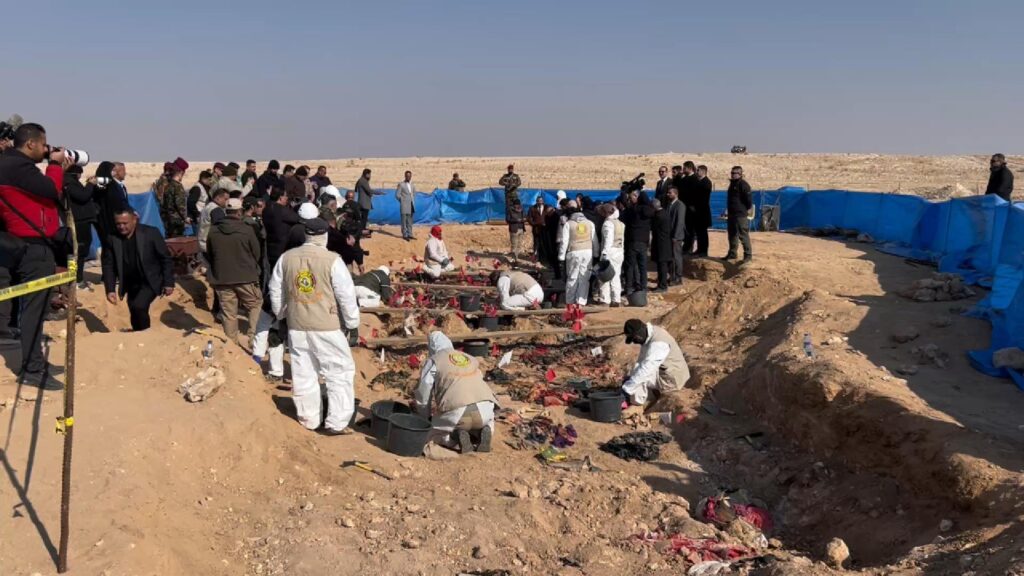COVID-19: The immediate and potential long-term risks to vulnerable populations in Iraq Briefing note, 24 March 2020
Background
The World Health Organisation (WHO) declared the Coronavirus (COVID-19) a global pandemic on 11 March 2020. The first case of COVID-19 in Iraq was recorded in Najaf on 24 February 2020. Since then, WHO has reported a total of 233 positive cases and 20 fatalities in the country.1 The Government of Iraq (GoI) and the Kurdistan Regional Government (KRG) have imposed extensive measures to prevent a large outbreak of the virus in Iraq, including closing airports and land borders, mandatory quarantine upon arrival, significant movement restrictions and nationwide curfews.
While recognising the right and the need of the GoI and the KRG to implement mitigating measures to curb the spread of COVID-19, the NGO community is deeply concerned about the needs of thousands of vulnerable in- and out-of-camp populations. With over 1.4 million people displaced and more than 336,000 people residing in crowded camps, many without access to proper healthcare or income-generating activities, there is an immediate risk of a full-blown emergency. NGOs are also concerned about the impact on the economy including short-term market disruptions, price volatility, oil price shocks, as well as the likelihood of a longerterm recession - all of which will hit the most vulnerable the hardest.
The NGO community is ready and willing to support the government by scaling up life-saving activities, including but not limited to, distribution of hygiene kits, water quality testing, provision of cash to families, training of health workers and protection monitoring. However, for us to be able to continue and/or expand, there needs to be immediate clarity on NGO exemptions to movement restrictions at the governorate level. NGOs are cognisant of the risk of spreading the virus and are committed to implementing proper prevention and hygiene measures to protect the health of aid workers and the communities we serve.



